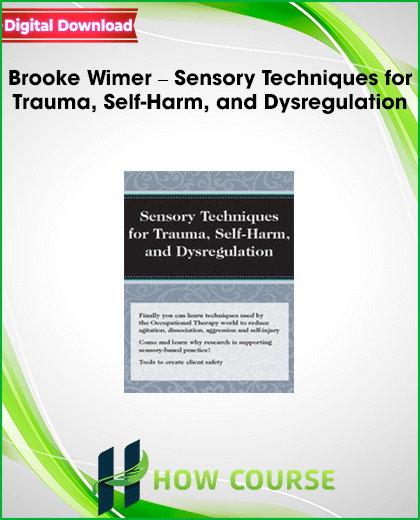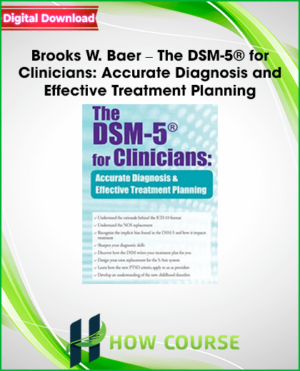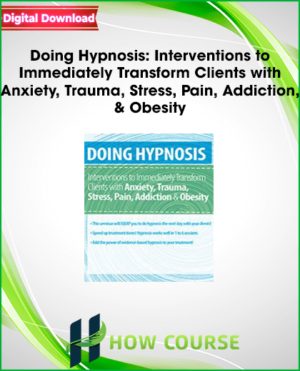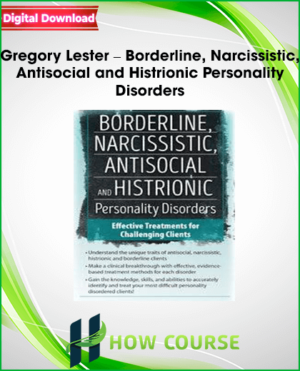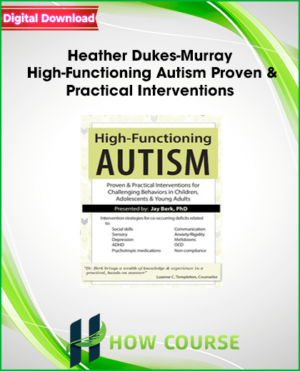Brooke Wimer – Sensory Techniques for Trauma, Self-Harm, and Dysregulation
Faculty:
Brooke Wimer
Duration:
6 Hours 28 Minutes
Format:
Audio and Video
Copyright:
Jun 07, 2017
Description
Do you work with clients who become acutely dysregulated and engage in behaviors which present as a danger to self or others leading to a seclusion and/or restraint episode?
Join Brooke Wimer, MOT, OTR/L, who has over 10 years of clinical experience in the field of occupational therapy. She has developed novel programming regarding sensory processing/ modulation to decrease self-injurious behaviors and the utilization of seclusion and restraint.
Brooke will provide an interactive course with hands-on opportunities to:
Provide trauma-informed, sensory supportive care in the hospital, classroom, clinic and home
Develop sensory-based, therapeutic techniques for your most challenging clients
Deliver research driven interventions for people with:
Intellectual disabilities
Sensory processing disorders
Depression and bipolar disorders
PTSD and anxiety disorders
Dementia and Alzheimer’s
Behavioral and personality disorders
Substance abuse disorders
These interventions are breakthrough techniques to apply with those who have mental health needs and traumatic histories. This workshop will provide you with countless sensory techniques for use in crisis situations and ongoing symptom management. This trauma-informed approach offers client-centered tools for feeling safe; sensory modulation techniques allow clients to direct their care by exploring and selecting modalities that work for them.
Handouts
Manual ZNM063340 (39.32 MB) 151 Pages Available after Purchase ASHA Participant Form – SELF STUDY ONLY – 06/07/17 (1.54 MB) Available after Purchase Instructions for ASHA Credit – SELF STUDY ONLY – 06/07/17 (0.03 MB) Available after Purchase
Outline
Trauma’s Effect on the Brain and Nervous System
Impact of sensory-input in relation to behavioral responses
The sensory experience of triggers, flashbacks and psychosis
Models and research that support sensory-based practice
Frequency, duration and intensity of sensory input
Seclusion and Restraint – Current Practices
Self-injurious behaviors
Re-traumatization
Risk of injury or death
Loss of control, fear and hopelessness
Perpetuates cycle of violence
Assessment Tools
Adolescent/Adult Sensory Profile
Sensory Integration Inventory
The Sensory Modulation Screening Tool
The Sensory Diet Checklist
The Sensory-Motor Preference Checklist
Sensory Defensiveness Checklist
Clinical Outcomes using Sensory Strategies
Manage agitation, dissociation, aggression and self-injury
Improve level of arousal
Increase activity tolerance and participation
Increase self and environmental awareness
Manage hyperactivity and improve concentration
Manage anxiety and improve sleep
Promote wellness and recovery
Sensory Strategies for Regulating!
Sensory diets
Sensory rooms and relaxation corners
Sensory Modulation Program
The Alert Program and Brain Gym
Sensory Connection Program
Weighted modalities
Compression garments
Sensory boxes and carts
Tai Chi and meditation
“Heavy Work”
Environmental modifications: murals, open-spaces, seating options and aromatherapy
Faculty
Brooke Wimer, MOT, OTR/L
BROOKE WIMER, MOT, OTR/L, is an occupational therapist with over 11 years of clinical experience providing Animal-Assisted Interventions (AAI) with a variety of populations. She is the co-owner of Integrated Occupational Therapy Solutions, a private practice offering AAI and occupational therapy services. Brooke specializes in providing AAI for people with mental health needs focusing on cognitive retraining, social skill development and self-regulation. She has implemented five AAI programs for physical, cognitive and psychosocial needs, and developed effective strategies for both group and one-to-one interventions for clients of all ages. Brooke worked alongside AAI expert Melissa Winkle, OTR/L, FAOTA, and contributed to Professional Applications of Animal Assisted Interventions: Blue Dog Book Second Edition. A member of the American Occupational Therapy Association (AOTA), she is co-developing an AOTA Animal Assisted Intervention Fact Sheet set to publish in 2018. Brooke presented on disability awareness and AAI application considerations at the 2015 Animal Assisted Intervention International Conference. She received her Master of Occupational Therapy at Cleveland State University, studying the effects of AAI on long-term care residents with depression and anxiety.
Speaker Disclosure:
Financial: Brooke Wimer is the director of occupational therapy and animal assisted intervention manager at Colorado Mental Health Institute at Pueblo. She receives a speaking honorarium from PESI, Inc.
Nonfinancial: Brooke Wimer is a member of the American Occupational Therapy Association.
> Please contact our team if you have questions, or broken links via our email [email protected].

